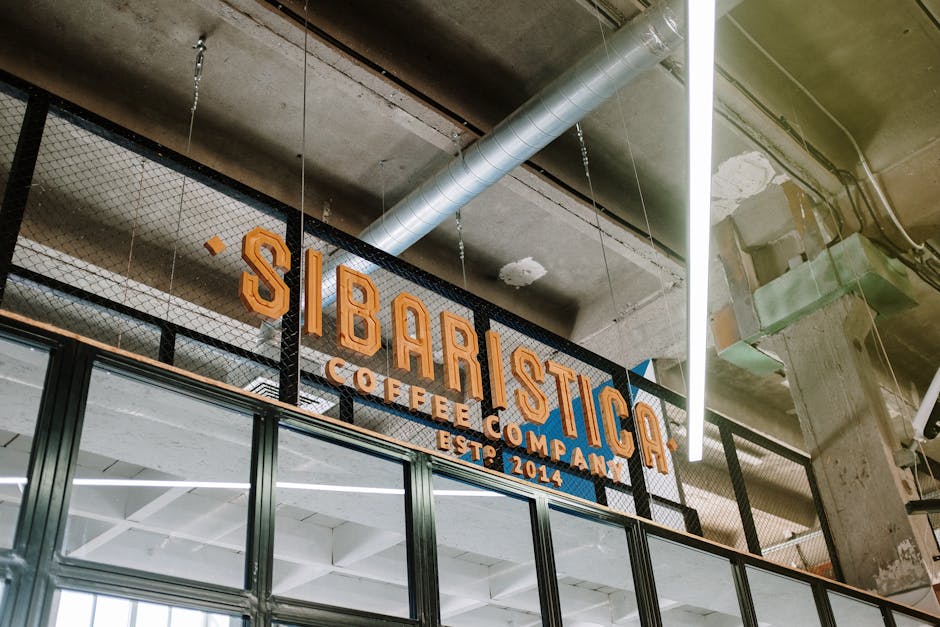
The Environmental Impact: Choosing Local Coffee Roasters
In a world where sustainability is becoming increasingly important, the choice of where we source our coffee has a significant impact. Local coffee roasters not only offer a unique and flavorful experience but also play a crucial role in reducing the carbon footprint associated with coffee production. Let’s delve into the environmental, community, and quality aspects of supporting local coffee roasters.
Understanding the Environmental Footprint of Coffee Production
When we consider the environmental impact of coffee production, it’s crucial to understand the entire lifecycle of this beloved beverage. From the cultivation of coffee beans in faraway regions to the roasting and transportation processes, each step contributes to the carbon emissions associated with coffee. Large-scale coffee production often involves long transportation distances, leading to higher carbon footprints. Local coffee roasters, on the other hand, source their beans from nearby farms, significantly reducing the transportation emissions.
Moreover, sustainable farming practices play a vital role in minimizing the environmental footprint of coffee production. Local coffee roasters are more likely to establish direct relationships with small-scale farmers who prioritize eco-friendly cultivation methods. By supporting these roasters, consumers contribute to the preservation of biodiversity, soil health, and water conservation in coffee-growing regions. Choosing local coffee roasters means endorsing environmentally conscious practices that benefit both the planet and our taste buds.
Additionally, the waste generated during coffee production, such as coffee pulp and wastewater, can have detrimental effects on the environment if not managed properly. Local coffee roasters often implement innovative solutions to reduce waste and promote sustainability. Some roasters reutilize coffee byproducts as compost or animal feed, turning potential pollutants into valuable resources. By opting for locally roasted coffee, consumers align themselves with a more environmentally friendly approach to their daily caffeine fix.
Supporting Local Communities Through Coffee Roasters
Beyond the environmental benefits, choosing local coffee roasters strengthens community resilience and fosters economic development. Local roasters prioritize ethical sourcing practices, ensuring that coffee farmers receive fair compensation for their labor. This direct trade relationship empowers farmers and promotes social equity within the coffee supply chain.
Moreover, local coffee roasters often engage with their communities through various initiatives, such as hosting educational workshops, supporting local artists, or collaborating with neighborhood businesses. By investing in these roasters, consumers contribute to the vibrancy of their local economies and create a ripple effect of positive change. Each cup of coffee purchased from a local roaster becomes a symbol of support for community well-being and sustainable growth.
The social connections forged through local coffee roasters create a sense of belonging and shared values among consumers, roasters, and coffee producers. By choosing to buy from local businesses, individuals become part of a collaborative network that transcends traditional consumer transactions. Together, they build a community grounded in environmental stewardship, social responsibility, and a shared love for quality coffee.
In essence, the choice to support local coffee roasters extends far beyond the act of purchasing coffee—it represents a commitment to building stronger, more connected communities. By embracing local roasters, individuals contribute to a sustainable future where every cup of coffee reflects ethical values, cultural richness, and a genuine sense of togetherness.
Exploring the Quality and Taste Benefits of Local Roasters
When it comes to coffee, quality and flavor are paramount. Local coffee roasters pride themselves on offering freshly roasted beans that capture the unique characteristics of different coffee origins. By sourcing beans from nearby farms and roasting in small batches, local roasters preserve the intrinsic flavors of the coffee, leading to a richer and more diverse taste experience.
Furthermore, the transparency provided by local coffee roasters allows consumers to trace the journey of their coffee from bean to cup. This traceability not only enhances the overall coffee experience but also instills confidence in the ethical standards practiced by the roasters. Understanding the origin and production methods behind each cup of coffee adds a layer of appreciation for the craft and dedication that goes into every brew.
In contrast to mass-produced coffee, which often prioritizes consistency over complexity, local roasters embrace the variances in flavor profiles that arise from different growing conditions and processing techniques. This emphasis on craftsmanship and artistry results in a diverse range of coffee offerings, each with its own story to tell. Supporting local roasters means embarking on a sensory journey that celebrates the richness and diversity of the coffee landscape.
Ultimately, the decision to choose local coffee roasters transcends the simple act of buying coffee—it encapsulates a commitment to quality, sustainability, and community well-being. As consumers savor each cup of locally roasted coffee, they not only indulge in rich and flavorful brews but also contribute to a more interconnected and environmentally conscious coffee culture.
Brewing a Sustainable Future
As we conclude our exploration of the environmental impact of choosing local coffee roasters, it’s evident that small changes in our consumer habits can lead to more sustainable practices. By supporting local coffee roasters, we contribute to a healthier environment, stronger communities, and an elevated coffee experience. Let’s continue to prioritize local sustainability by enjoying a cup of coffee that not only tastes good but also does good.

